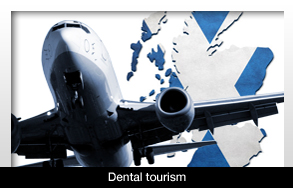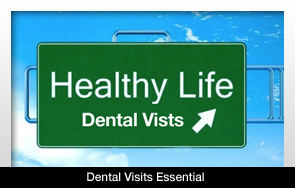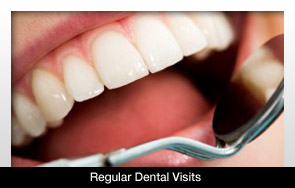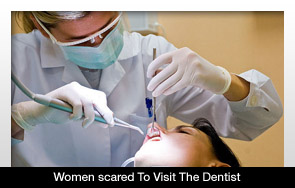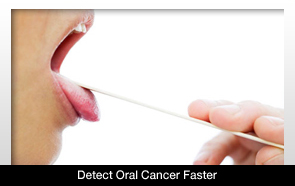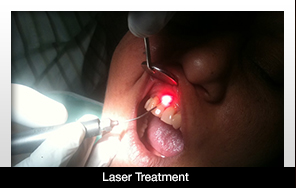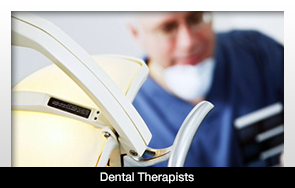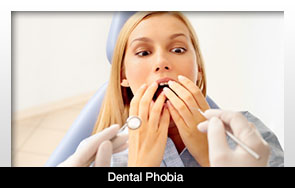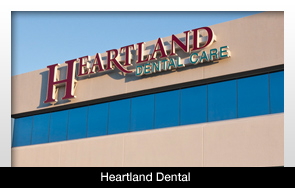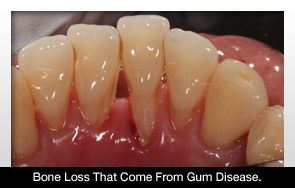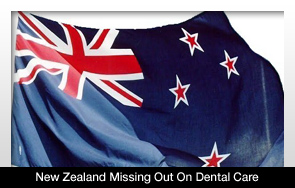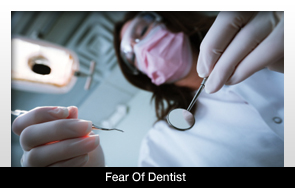Written by Dentistry TodayMonday, 09 January 2012 16:38

A new glass ceramic has been created that will be beneficial to dentistry.
A research team at the Otto-Schott Institute for Glass Chemistry generated a new glass structure that would be ideal for dentures.
The strength of this new glass substance will be about five times stronger than similar denture ceramics, according to Dr. Christian Russel of the Friedrich Schiller University Jena in Germany.
This group has been developing high-density ceramics, but nothing that would be applicable for dentistry—until now.
The materials aren't supposed to look different than they would in natural teeth. The color is also vital, as is the look of the enamel.
To create the ideal substance for dentistry, it's essential that the glass ceramics are cooled at a certain temperature scheme. The materials are heated at 1,500°C before being cooled down. The glass is later melted and then cooled down. Any variation in the procedure would ruin the strength of the product.
There's still a lot of work to be done before the material will officially be unveiled for denture usage.
